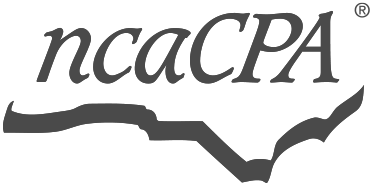Cluster Overview
Held at the Holiday Inn Resort Lumina on Wrightsville Beach, this Cluster Event is designed to meet the diverse demands of your job.
With specific updates in North Carolina’s business and Economic Trends, Technology, A&A, Tax, Fraud, Not-for Profit, & Personal Development.
The program’s format is broken up into affordable, four-hour sessions for you to choose from and tailor to your curriculum needs.
CPE Offered
Earn (Up To) 28.00 Credits
CPE is assigned according to (total minutes attended) and rounded down to nearest half hour
CPE is applied per NASBA Guidelines
Meals Are provided according to how attendees register for sessions per each day of the event
Morning Only (Registered Sessions) will be provided Breakfast Only
Afternoon Only (Registered Sessions) will be provided Snacks + Drinks Only
Morning + Afternoon (Registered Sessions) will be provided both Breakfast + Lunch + Snacks
Dress + Attire
Casual & Laidback (its the Beach!)
Parking Fees
$7.00 - for all guests staying at the Holiday Inn Resort you will be charged a nightly fee
Free Parking - if you are not a guest of the hotel and find a spot (inside the hotel's parking lot)
Street Parking - payment is required and fees are determined by nearby meters (Towing Enforced)
- See individual session listings
Wrightsville Beach, NC
